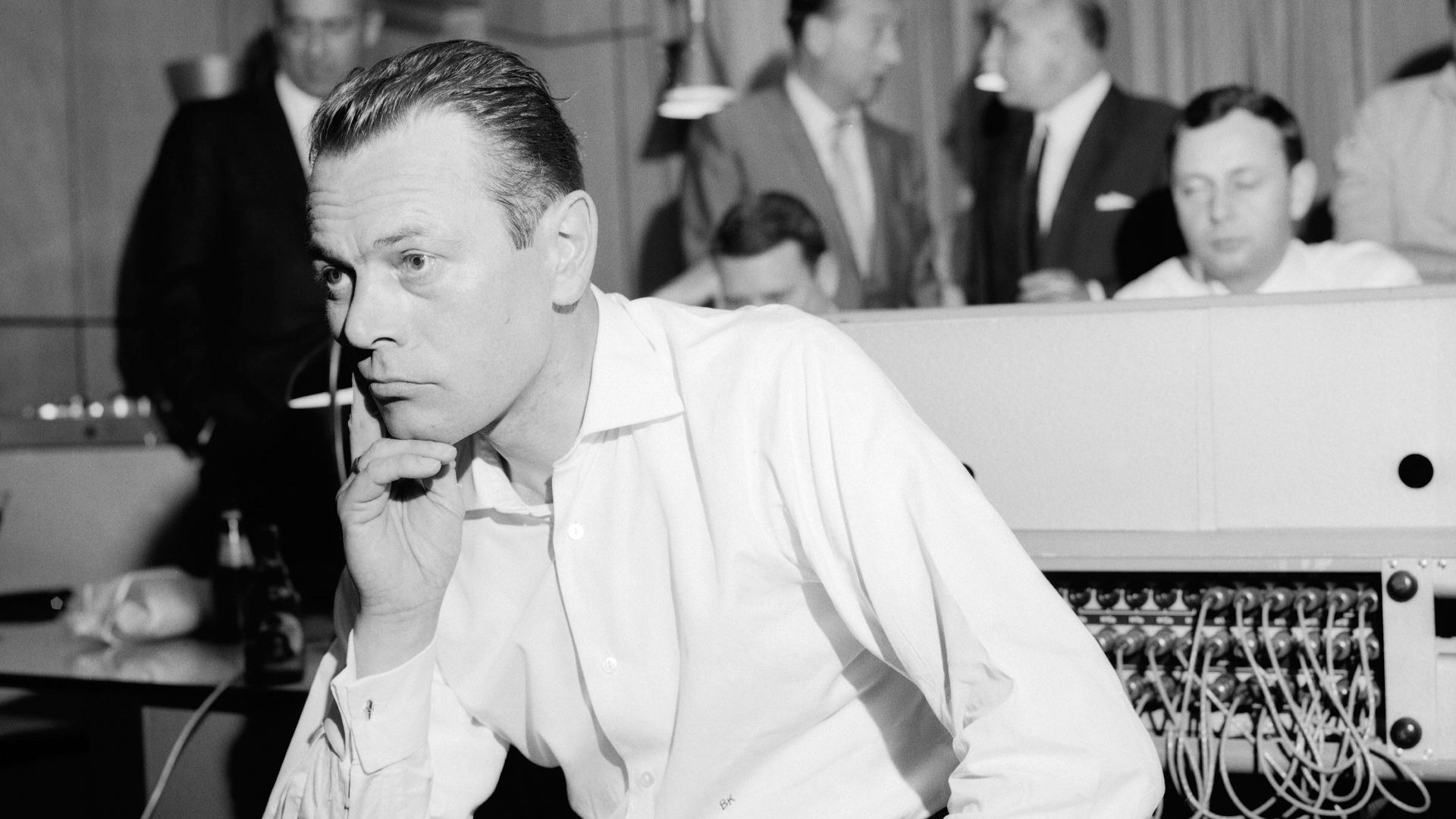I’m worried about all sorts of things – aren’t you? I’m worried about the drift to political extremism all over the world; I’m anxious about the parlous state of the economy, and its consequences especially for people on low incomes; as an ageing – and weakening – person, I find the increasingly hostile atmosphere in the streets… troubling. And of course, I’m more than worried about the grim ineluctability of greenhouse gas emissions, global heating,
and all its dreadful sequels – from habitat degradation and species extinctions to more and worse pandemics to come.
But the one thing that doesn’t cost me a second of sleep, or induce so much as a tremor of anxiety, is the prospect of the inception of general artificial intelligence, followed by a takeover of the planet by this “superior” entity, and its possible annihilation of the earth’s heretofore apex predators: human beings. Why doesn’t the rise of the robot overlords bother me? Two reasons: firstly, it’s already happened – and secondly, the more the threat of AI is amped up, the more obvious it becomes that it’s a way of collectively denying the real and present dangers we’re facing.
This is so obvious that it shouldn’t need saying – and that’s the very point: one academic colleague flies to Verona for the weekend to give a lecture; another to India to give a paper at a conference. Neither of them is a negligible scholar, but since their subject is literature, there’s no compelling reason why they should be present when their peerless words are comprehended – there’s long been a technology that renders this unnecessary: it’s called writing.
Let these two stand for all those who fly, knowing full well their journey is inessential, while a single short-haul flight releases more greenhouse emissions than almost anything the ordinary individual does in their quotidian life. Last week saw an exceptional pollution event in the cities of the north-east of the US – the skies above New York turned what was described in one newspaper as “Blade Runner orange”. The reference to Dennis Villeneuve’s film Blade Runner 2049 is both apposite – and prescient –
regarding both AI and GHGs. True, the event that saw four times worse atmospheric pollution than ever before recorded was proximately caused by the wildfires currently raging across western and northern Canada, but those fires are themselves a function of global heating. As regular readers of this column know, I don’t think there is an anthropic solution to anthropogenic climate change – and if you’re flying this year, I put it to you that you don’t really believe there is one either.
By that fact alone, you prove that you know the massive change in human behaviour required for such a thing cannot be achieved by any voluntaristic aggregation of individual choices. No, you might reply: we need the ruthless neoliberal profit-driven corporations to change their behaviour, then we’ll change ours – now excuse me while I tweet/install a wood-burning stove/fly to Verona (delete as appropriate).
All three options being evidence of a capitulation to the robot overlords that has already taken place – as is the inconvenient truth that the expansion of the internet, out of which its feared general AI will body forth, is itself one of
the principal drivers of global heating.
The reason people can’t acknowledge how in thrall they already are to the means not of their supersession, but their destruction, is because they still cleave to the view that technologies are purely instrumental, value-neutral, and constitute a standing reserve. By which is meant, when they’re not in use, they’re not really doing anything. The truth is that technologies form our view of the world and therefore how we use its resources – a plane may be used to deliver vital famine relief or useless academics, but that isn’t its essence.
Its essence is the way it both frames and exploits the world and everything in it – including humans. Villeneuve’s film followed the logic of what artificial intelligence would have to be like, were it to be created by humans – and that is: humanlike. The key question for the blade runners of 2049 – assassins charged with the elimination of rogue artificial intelligences – is can the replicants give birth to replicants that are also capable of reproduction?
Because without this capability, their sentience cannot have the same quality as that of an animal shaped by natural selection. And of course, if they can reproduce, they presumably will have the same irrational natures as those
animals whose technologies have had the (entirely foreseen) consequence of turning the skies over their cities a lurid shade of orange. The “inevitability” of general AI is thus a weird projection of the real inevitability: the rape of the earth by irrational self-replicating humans.



